Structure
PWYP’s structure aims to deliver full transparency and accountability in our governance and excellence in our management. We are run on a day-to-day basis by a small decentralised Secretariat and a Board. Our Global Assembly, comprising all PWYP members, meets every three years as our ultimate decision-making body to review strategy and policies and elect our Global Council. The Council leads on PWYP’s global strategic direction, working closely with the senior leadership team at our Secretariat. In Africa – the continent that hosts most PWYP coalitions – an Africa Steering Committee provides leadership and strategic guidance to PWYP African coalitions – in line with the global strategy. It is elected every three year at the PWYP Africa Conference.
- Members reps:
- PWYP Global Council
- PWYP Africa Steering Committee
- Operational:
- PWYP Secretariat
- PWYP Board
PWYP Global Council
Every three years at PWYP’s Global Assembly, members elect 10 representatives to form our Global Council. The council makes overarching recommendations to PWYP’s Board and Executive Director, ensures governance standards for national coalitions, and oversees coordination mechanisms between the regions. Accountable to the Global Assembly, it works by consensus, voting on decisions only when necessary. With seven seats reserved for sub-regions, two for member organisations with global reach and one for an Africa Steering Committee member, the Council is truly representative of PWYP members, drawing on their many strengths to guide our campaign for open, accountable, sustainable, equitable and responsive governance in the extractive sector.
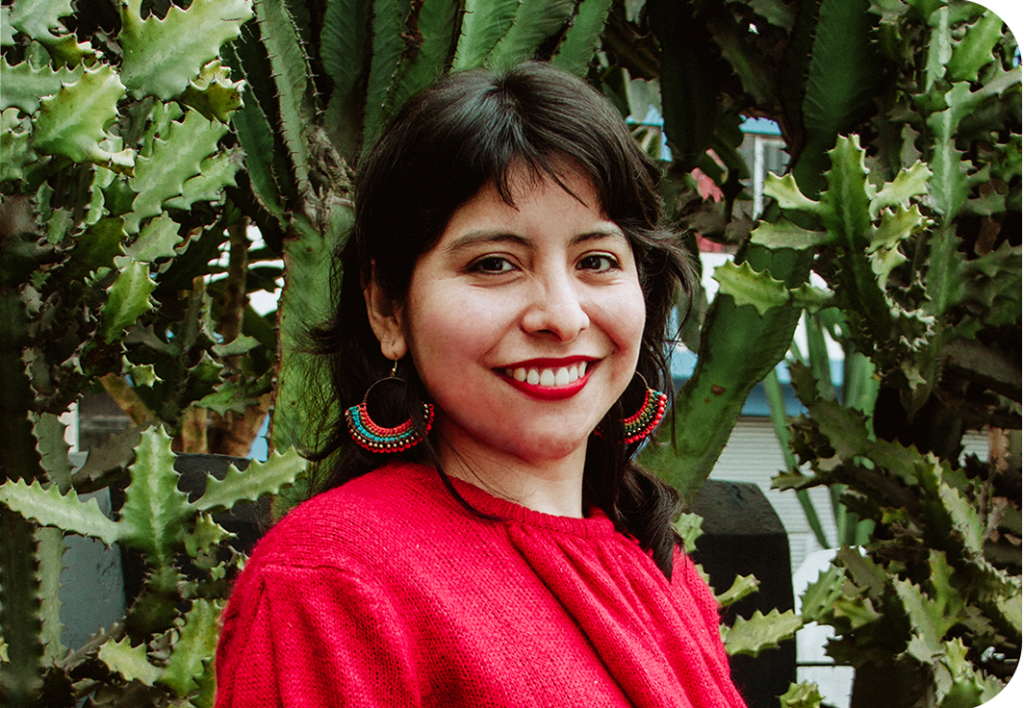
Aida Gamboa: Amazonía de Derecho, Ambiente y Recursos Naturales
Latin AmericaAida Gamboa is a political scientist, author of several publications, academic opinion articles and research. She has knowledge and experience in public policy, indigenous peoples’ rights, governance, environmental management and engagement with civil society and the private sector. She has participated in various international initiatives such as the EITI, OGP and the process of negotiation, signing and ratification of the Escazú Agreement in Latin America and the Caribbean. Aida is coordinating the Amazonía de Derecho, Ambiente y Recursos Naturales (DAR) programme since 2020. She holds a Master in Political Science and Government from the Pontificia Universidad Católica del Perú (PUCP).
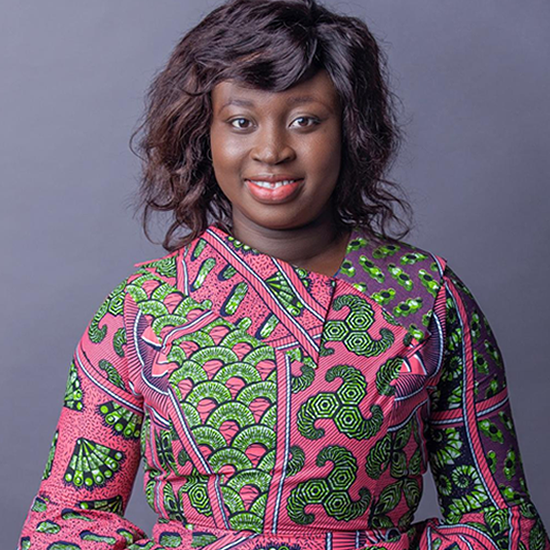 More info
More info
Maybel Acquaye is a Senior Policy Analyst and Head of the Monitoring and Evaluation Unit of the Africa Centre for Energy Policy (ACEP) Ghana, where she also is a member of the senior management team and the Secretary to the Board of Directors.
As a gender and inclusion advocate, Maybel is at the forefront of the Centre’s work on equity, diversity and inclusion in the extractive sector. She has been instrumental in the ACEP’s research and advocacy work both locally and across Africa.
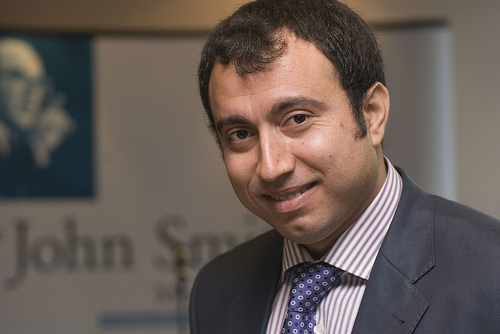
Fuad Hasanov: Democracy Monitor
EurasiaFuad Hasanov is a human rights defender specialised in advocacy, legal aid, and education on civil and political rights, equality law, civic participation and confidence building. He has extensive experience working with international organisations and funds on projects related to the promotion of democracy, human rights, gender equality, women empowerment, transparency initiative and conflict resolution. At the UNDP Baku office, he worked as a Chief Consultant on enhanced civil society support for promoting gender equality through legal framework and women socio-economic empowerment in remote regions of Azerbaijan. Hasanov is the chairman of the Managing Board of Democracy Monitor, dealing with democratisation, human rights, transparency, conflict transformation and peace-building with broad involvement of youth and women.
Fuad Hasanov holds a MA degree in Political Sciences from Baku State University in Azerbaijan and John Smith Program Fellow of 2008 in democracy, social justice, public service and good governance.
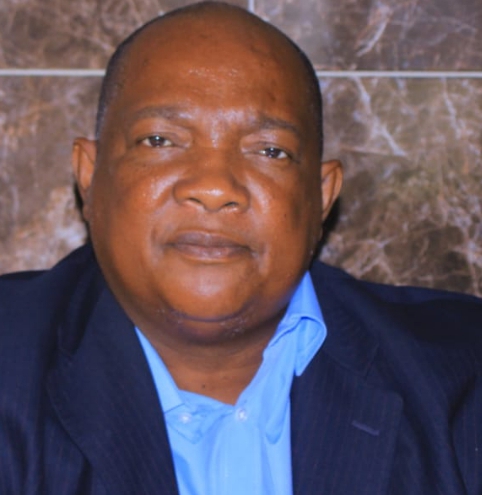
Georges Mpaga: PWYP Gabon
Francophone AfricaGeorges Mpaga is a Gabonese civil society activist in Gabon. Between 1994 and 2000, he was involved in humanitarian actions, particularly in the health sector (fight against HIV, promotion of reproductive health for adolescents and young people). In 2007 he created the Gabonese PWYP coalition with other civil society activists, and acted as its Deputy Coordinator. He later became PWYP Gabon’s Strategic Advisor in the Steering Committee, a position he still occupies today. In 2021, Georges joined the civil society constituency of the EITI Gabon multistakeholder group. Georges is also active in various other civil society groups for the promotion of transparency, the fight against corruption and good governance, including Transparency International, SHERPA, SURVIE, Secours Catholique, Global Witness, VUKA, UNODC, etc.
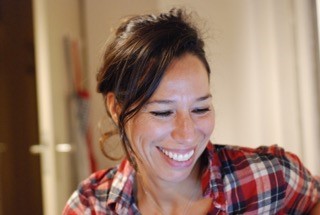
Maria Ramos: Oxfam
Global ReachMaria Lya Ramos is Associate Director at Oxfam where she co-leads the agency’s Extractive Industries Global Program. She provides strategic leadership on oil, gas and mining advocacy to promote greater transparency and accountability of the sector and respect for human rights of affected communities. She currently supports work in some thirty countries, primarily Southern, West and East Africa. She previously worked in Angola with the Open Society Initiative of Southern Africa (OSISA) on transparency and accountability of the petroleum sector and authored the report Angola’s Oil Industry Operations. Before that, she was director of Rainforest Action Network’s campaign to hold Chevron to account for its oil pollution legacy case in the Ecuadorian Amazon rainforest. With the Center for International Environmental Law (CIEL) she supported mining affected communities in the Guatemalan highlands seek redress for corporate-related human rights abuses. For almost five years, she served as Amazon Watch’s Southern Amazon Program Coordinator, leading advocacy efforts to protect Indigenous peoples’ rights and territories in Peru’s Amazon rainforest. She co-authored the report A Legacy of Harm: Occidental Petroleum in Indigenous Territory in the Peruvian Amazon. She was a National Organizer for Greenpeace, where she trained students across the country on environmental corporate campaigning. Maria holds a MA in International Development from The George Washington University. She is a native Spanish speaker and is attempting to be conversant in Portuguese.
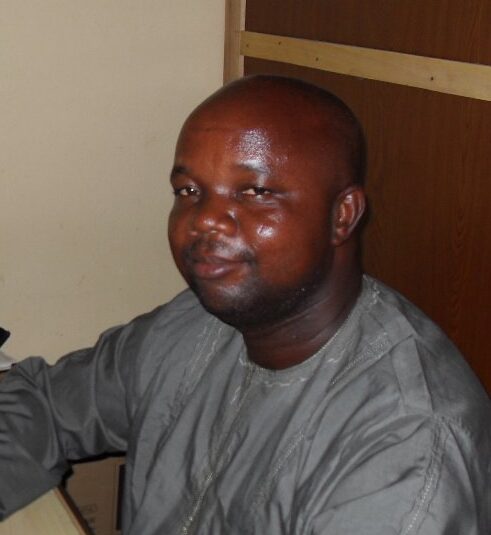 More info
More info
Monday Osasah is a capacity building professional, advocate of good governance and open society in Nigeria. His career of over 20 years traverses various fields including manufacturing, journalism, and the nonprofit sector. He trained as an economist and holds a master’s Degree in public administration from Delta State University but has a strong flair for journalism. He is a member and fellow of the Institute of Management Consultant of Nigeria and the Institute of Strategic Management Nigeria (ISMN). He works at the African Centre for Leadership, Strategy & Development (Centre LSD) as Executive Director.
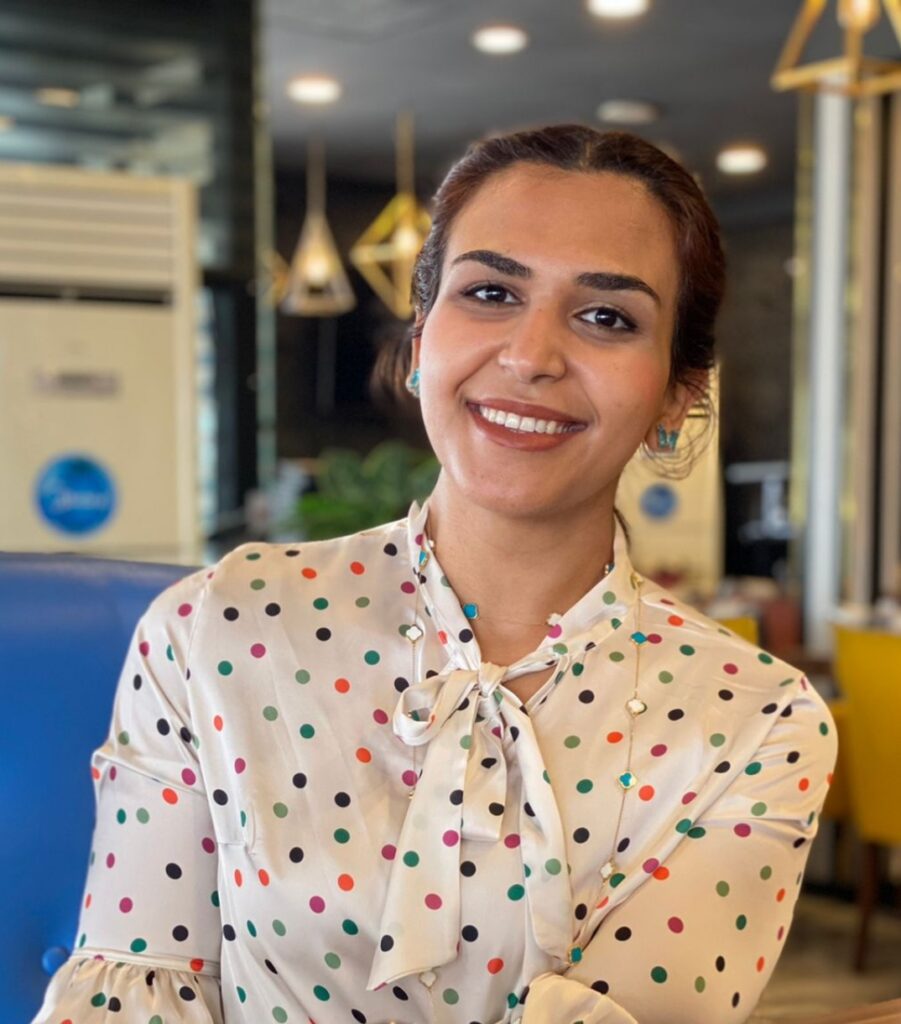
Nora M. Hasan: PWYP Irak
Middle East and North AfricaNora M. Hasan is a social activist from Baghdad (Iraq), former exchange programs coordinator, with more than 8 years of experience in civil society empowerment. She is currently working as a clinical pharmacist at intensive care units, and as a resource management researcher. Since 2017, Nora has advocated for a fair energy transition and worked with several local and international NGOs to highlight the importance of turning to cleaner energy sources in the MENA region.
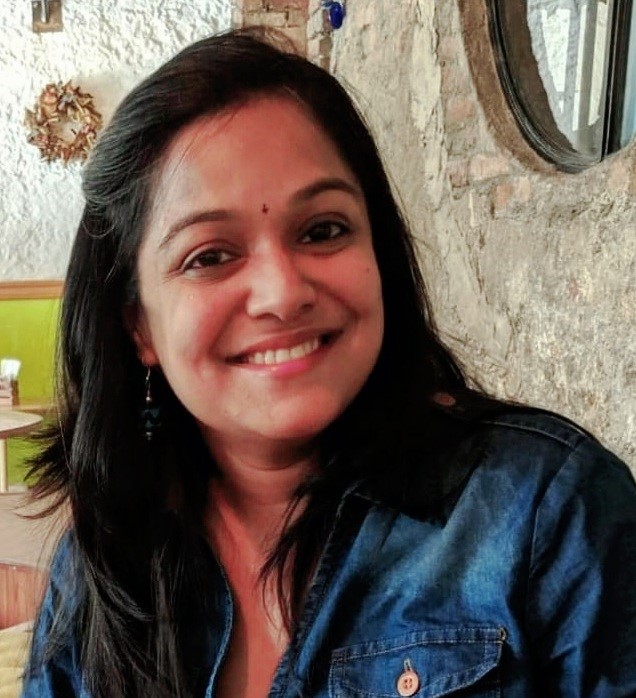 More info
More info
Saswati Swetlena is a social development professional with 18 years of experience with diverse civil society organisations, grassroots communities, and networks in India on a rights-based approach. She has a fair knowledge and understanding of the rights of indigenous, marginalised and vulnerable communities over natural resources, their access to justice and dignity, poverty, water and sanitation, livelihoods, emergency, gender, social exclusion, extractives, governance and accountability. She is committed to addressing the complex social development challenges and contributing to a more just and equitable world.
Currently, she works as the National Coordinator at Mineral Inheritors Rights Association (MIRA), an evolving coalition of civil society organisations and networks in India working on transparency and accountability of extractive sector governance. She holds a postgraduate degree in social work.
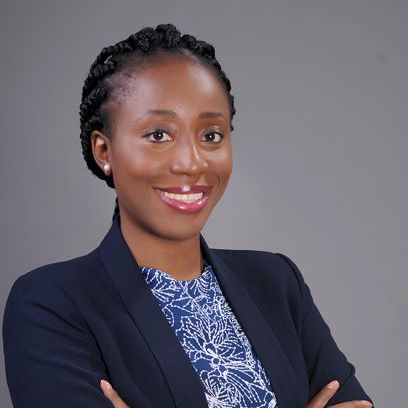
Tengi George-Ikoli
Global ReachTengi is a lawyer and economist with a decade of experience in the extractives industry. She currently works as the Senior Officer and focal person for Natural Resource Governance Institute (NRGI)’s work in Nigeria. Tengi works closely with the Ghana team and contributes to NRGI’s global approach to just energy transition, stranded nations and domestic energy transitions. Prior to joining NRGI, Tengi worked as the Program coordinator for Nigeria Natural Resource Charter (NNRC). In that role, she collaborated with stakeholders to strengthen revenue management, enhance resource benefits for communities, promote oil and gas industry efficiency and enhance transparency and accountability in the extractive industry. Her efforts contributed significantly to mobilising sustained demand for the passage of the Petroleum Industry Act. Tengi holds a joint honours LLB in law and economics from the University of Wales, Swansea, and an LLM from the University of Bristol.
Observers, Minutes & Communiqués
Observers: PWYP members may request to observe online Global Council meetings, and will be accepted as observers on verification by their regional representative and provided that the number of observers is deemed reasonable.
PWYP members who wish to observe an online meeting can apply here in advance of the meeting [two weeks before the meeting], so as to enable obtaining the Global Council’s consent ahead of the meeting. Please note that meetings are held in English and French.
Minutes & Communiqués: To find out what is talked about at Global Council meetings, download the minutes of any of the meetings here. They show how we agree policies, identify priorities, plan activities and evaluate our work to ensure that natural resource extraction improves everyone’s lives.
PWYP Africa Steering Committee
PWYP’s Africa Steering Committee was established to support the development of effective, well-governed national coalitions and provide strategic guidance to the movement across the continent. The committee includes four elected representatives for each African sub-region (Francophone West Africa, Anglophone West Africa, Eastern and Southern Africa, Central Africa), and the African civil society representatives on the EITI Board. Working with the Global Council, it oversees implementation of our strategy in Africa and ensures that members comply with PWYP standards.
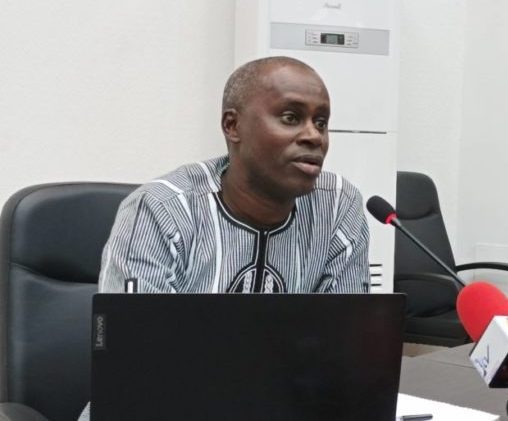
Elie Kaboré
Francophone West AfricaElie Kaboré is a journalist from Burkina Faso and the Publishing Director of the online media site https://minesactu.info, which specialises in the extractive sector.
He is the Chair of Actions des Journalistes sur les Mines au Burkina Faso (AJM-BF), and a member of the national coalition PWYP-Burkina Faso.
Elie is a member of the Multistakeholder Group of the Extractive Industries Transparency Initiative (EITI) in Burkina Faso, sitting in the civil society constituency.
Elie holds a master’s degree in project management and a master’s degree in journalism and communications. He worked for nine years as an economic journalist and communications officer for the NGO Réseau national de Lutte Anti-corruption (RENLAC).

Maybel Acquaye
Anglophone West AfricaMaybel Acquaye is a Senior Policy Analyst and Head of the Monitoring and Evaluation Unit of the Africa Centre for Energy Policy (ACEP) Ghana, where she also is a member of the senior management team and the Secretary to the Board of Directors.
As a gender and inclusion advocate, Maybel is at the forefront of the Centre’s work on equity, diversity and inclusion in the extractive sector. She has been instrumental in the ACEP’s research and advocacy work both locally and across Africa.
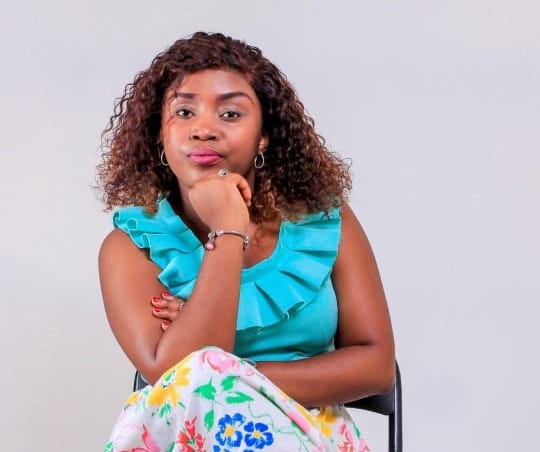
Christelle Yesalaso
Vice-chair of the Africa Steering CommitteeChristelle Yesalaso is a journalist from DRC and has been a member of PWYP DRC since 2015. Christelle is also the winner of the Women in Mining Award. She is responsible for community radio programs and EITI work in the DRC. Taking a keen interest in preserving the rights of local and indigenous communities in mining areas of the DRC, Christelle regularly takes part in awareness-raising for these communities.
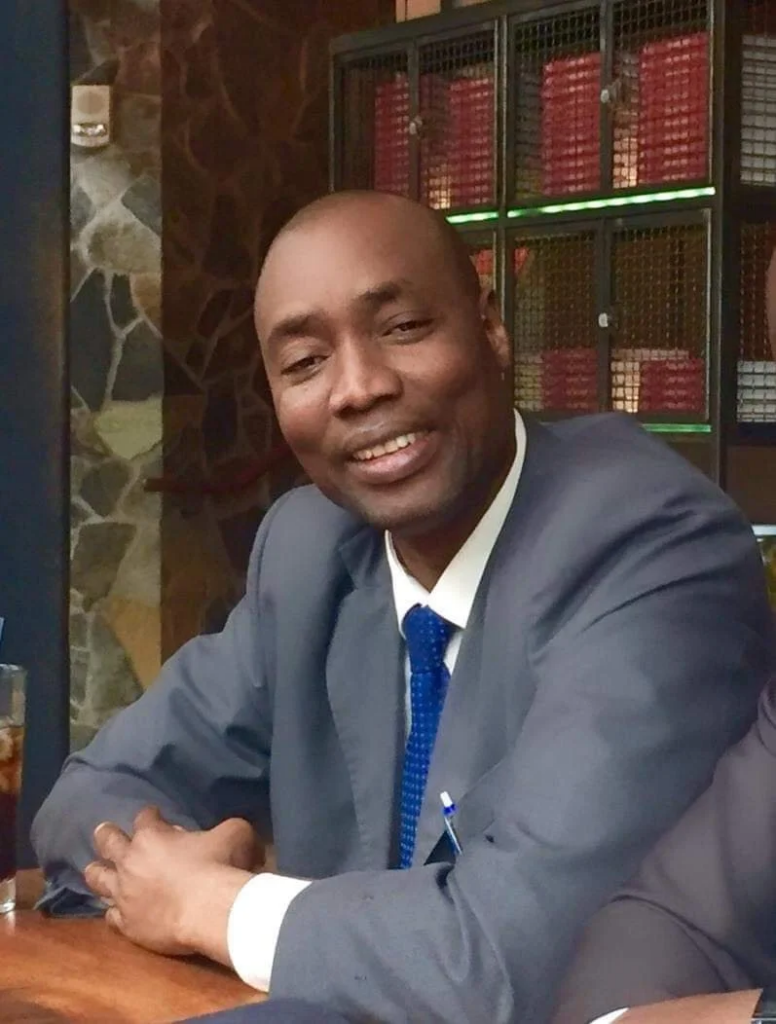
Ba Aliou Coulibaly
PWYP Mauritania: EITI Board MemberBa Aliou Coulibaly is the Chair of the Publish What You Pay Coalition in Mauritania. He is a graduate of the Faculty of Human Sciences at the University of Nouakchott and holds a Certificate of Aptitude for Secondary Teaching (CAPES) from the Ecole Normale Supérieure. Baliou Coulibaly has received a number of training courses in advocacy and communication for change, as well as in the governance of natural resources.
Ba Aliou Coulibaly will serve as civil society representative on the EITI International Board for the three-year term June 2023-2026, as a full member.
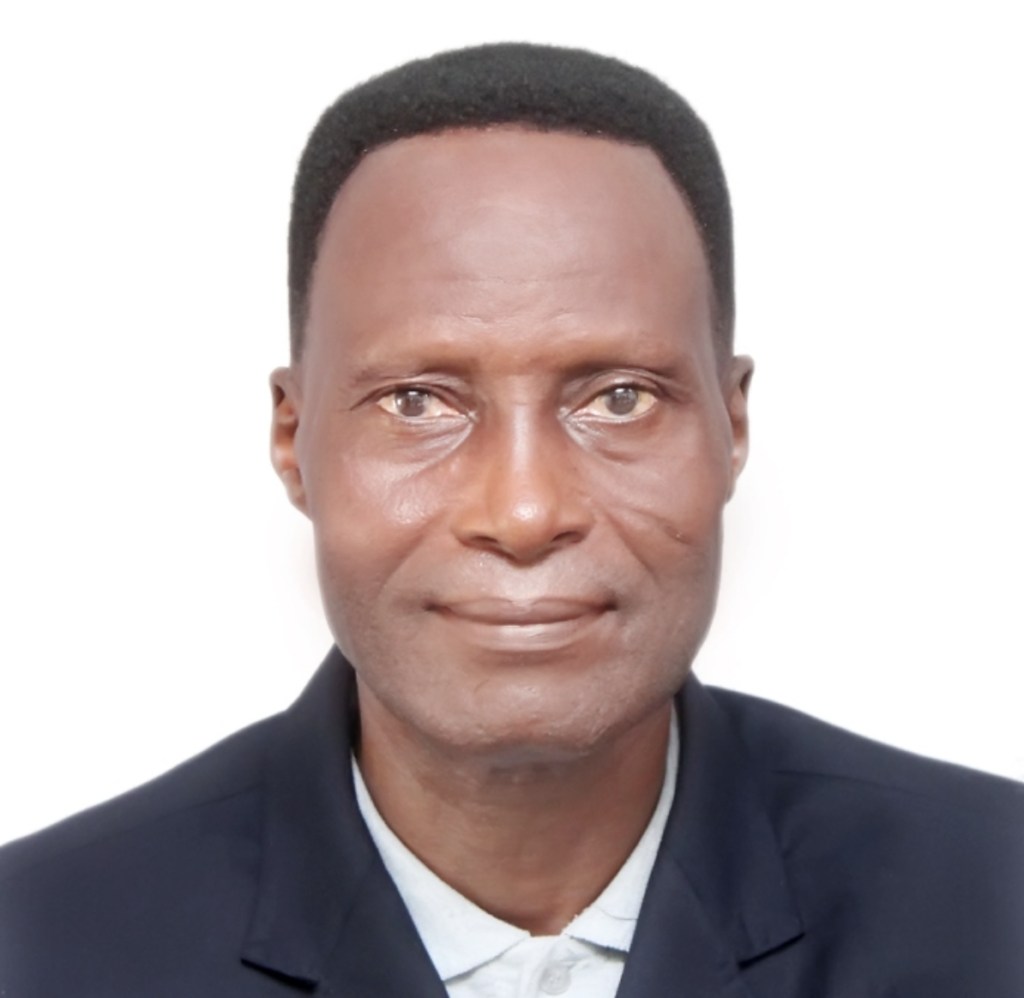
Kossi Kougblenou
PWYP Togo: EITI Board MemberKougblenou Kossi (well-known as Pius) is a specialist with over 25 years’ experience in project management (doctoral training in results-based project/programme planning and management). An expert in extractive industries governance with a specialisation in the analysis and use of EITI data, Pius was from 2019 to 2023 the civil society representative for Francophone Africa on the EITI’s Civil Society Advisory Group (CSAG) (an EITI body created in 2019).
He is a member of the third graduating class of the CEGIEAF at the Catholic University of Central Africa.
Pius is Executive Director of the ACOMB, a national NGO in Togo; and he chairs the Publish What You Pay Togo coalition.
Pius will serve as civil society representative on the EITI International Board for the three-year term June 2023-2026, as an alternate member.

Adam Anthony
Chair of the Africa Steering CommitteeAdam Anthony is the Executive Director of PWYP Tanzania and has more than a decade of experience in NGOs and Civil Society across Eastern Africa. Previously, he represented the Civil Society Constituency at a regional level in the African Union and the United Nations and led the Open Society Foundations Initiative for Eastern Africa (OSIEA) Tanzania office, sitting on the Senior Leadership Team (SLT) advising senior management.Adam also sits on a quasi-governmental body, the Tanzania Extractive Industries (Transparency and Accountability) Committee for 2023 – 2026, representing the Civil Society Constituency. Adam brings expertise on human rights, climate change, good governance, and natural resources governance. He has extensive experience in driving critical and complex projects involving extensive and diverse stakeholder management within the development partners, the private sector, and the government.
Minutes and Communiqués
To find out what is talked about at Africa Steering Committee meetings, download the minutes of any of the meetings here. They show how we agree policies, identify priorities, plan activities and evaluate our work to ensure that natural resource extraction improves everyone’s lives.
PWYP Secretariat
The PWYP Secretariat harnesses the ideas, energy and diverse experiences of our 700-plus members worldwide and channels them into a global perspective, ensuring campaigns at national, regional and international levels are aligned and mutually reinforcing. Through knowledge and information sharing, hosting communication platforms, and capacity building the Secretariat coordinates and assists members’ collective action. It also supports individual national coalitions in their strategy, governance and workplan delivery. The PWYP Secretariat’s Operational Plan 2020-2022 defines how its work will support the implementation of the strategy Vision 2025.
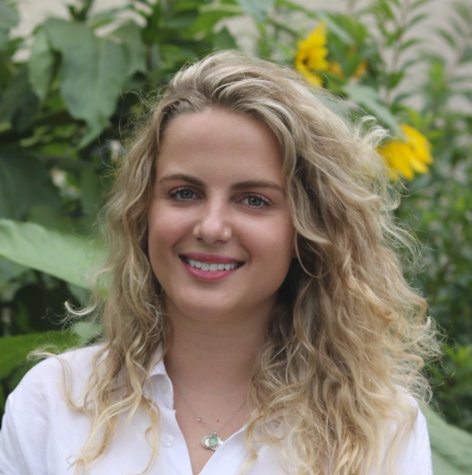
Annabel Howarth
Communications CoordinatorAnnabel is based in Valencia, Spain. A strong communicator and storyteller, she brings a wealth of experience executing powerful network-driven strategic communications and advocacy campaigns for NGOs internationally. Her last position was Social Mobilisation consultant at World Vision International, where she worked to inspire people to take action worldwide with creative messaging and engaging content. She has notably also worked for Save the Children UK, where she was coordinating supporters’ journey and content strategy, and Palestine Solidarity Campaign UK where she was coordinating a network of partner organisations and led a flagship campaign. She holds a MA degree in Human Rights Policy and Practice.
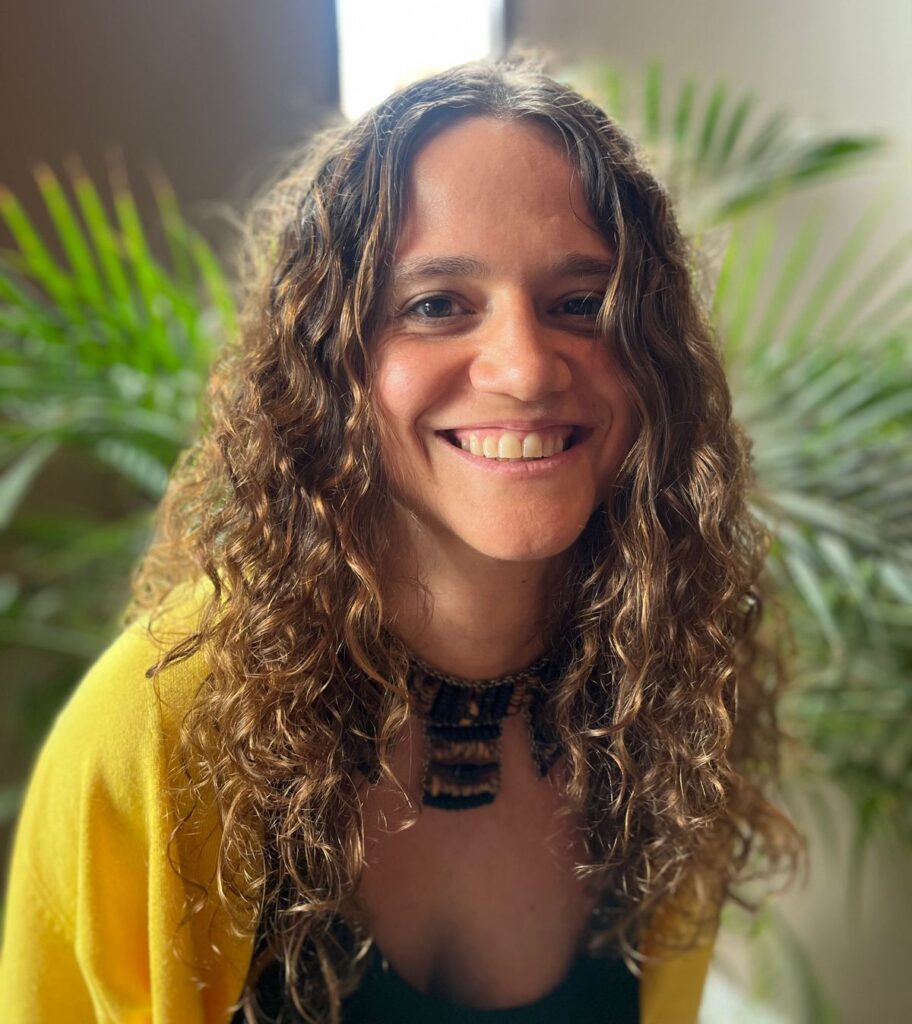
Aroa de la Fuente
Senior Regional Coordinator – Latin America and the CaribbeanAroa joined PWYP in July 2021. She has 12 years’ experience working with civil society on extractive industries governance, energy and climate change in Latin America and the Caribbean (LAC), including through research, advocacy campaigns, coalition building and project management. From 2014 to 2017 Aroa coordinated the Latin America Network on extractive Industries (RLIE), and represented Latin America on the PWYP Global Council and board. Aroa holds a bachelor’s degree in Social Psychology and a master’s degree in International Cooperation for Development from the Universidad Complutense of Madrid. She also holds a Diploma on Extractive Industries and Sustainable Development from the Pontificia Universidad Católica of Perú.
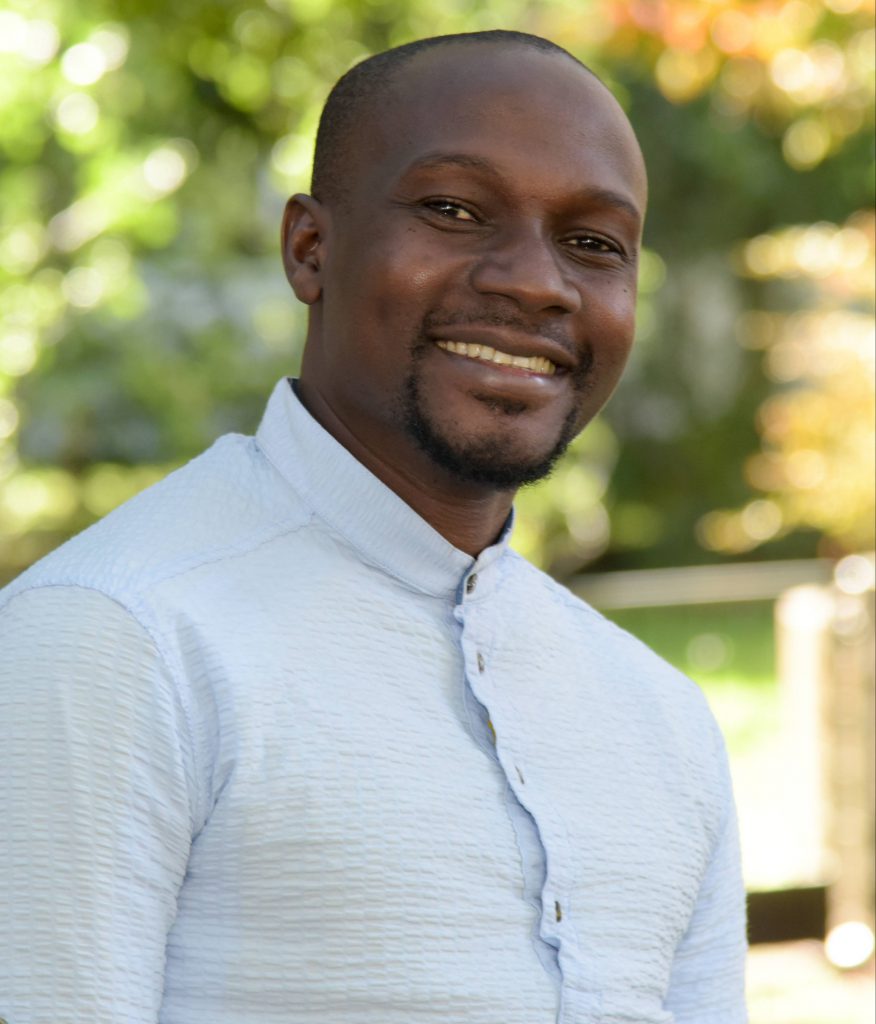 More info
More info
Before joining PWYP in 2017, Demba worked with many PWYP Coalitions in West Africa and around the world in his role as Extractive Industries Regional Programme Officer for Oxfam in West Africa. As PWYP’s Regional Coordinator, Demba represents PWYP at the regional level, guides our West African members’ advocacy initiatives and helps develop member coalitions’ capacity. Demba also contributes to the development and implementation of strategic plans and governance mechanisms for the PWYP Secretariat.
He holds a master’s degree in International Relations and is a PhD candidate in Public Law and International Relations at the Cheikh Anta Diop University of Dakar (Senegal). He speaks French, English and Spanish.
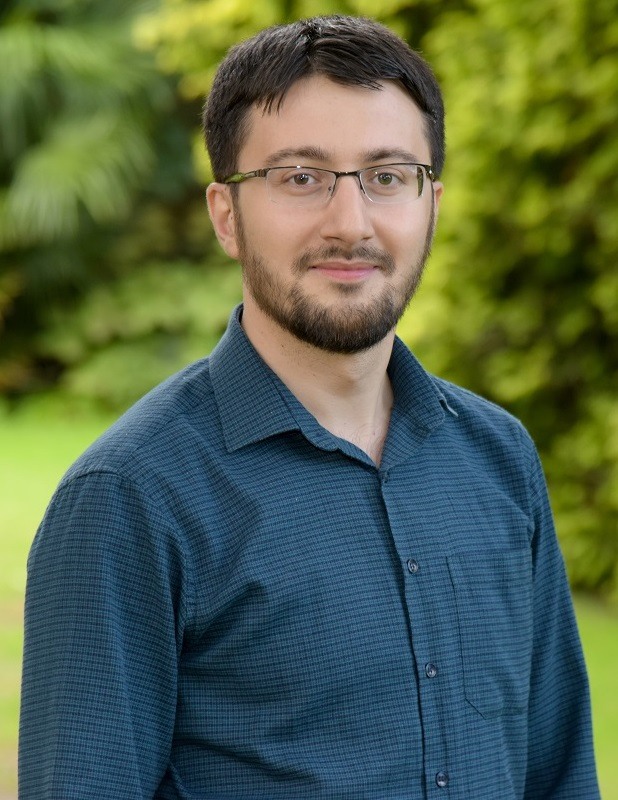 More info
More info
After working for four years for Revenue Watch (now called NRGI) supporting its Eurasia Regional Director, Emil joined PWYP in 2016 with extensive prior knowledge of our campaign and coalitions in the region. At Revenue Watch, he contributed to strategy and programme development, before working as a consultant to the World Bank on EITI development in Azerbaijan. Emil coordinates PWYP’s work in the Eurasia region, including strategy development and implementation, advocacy, communications and fundraising.
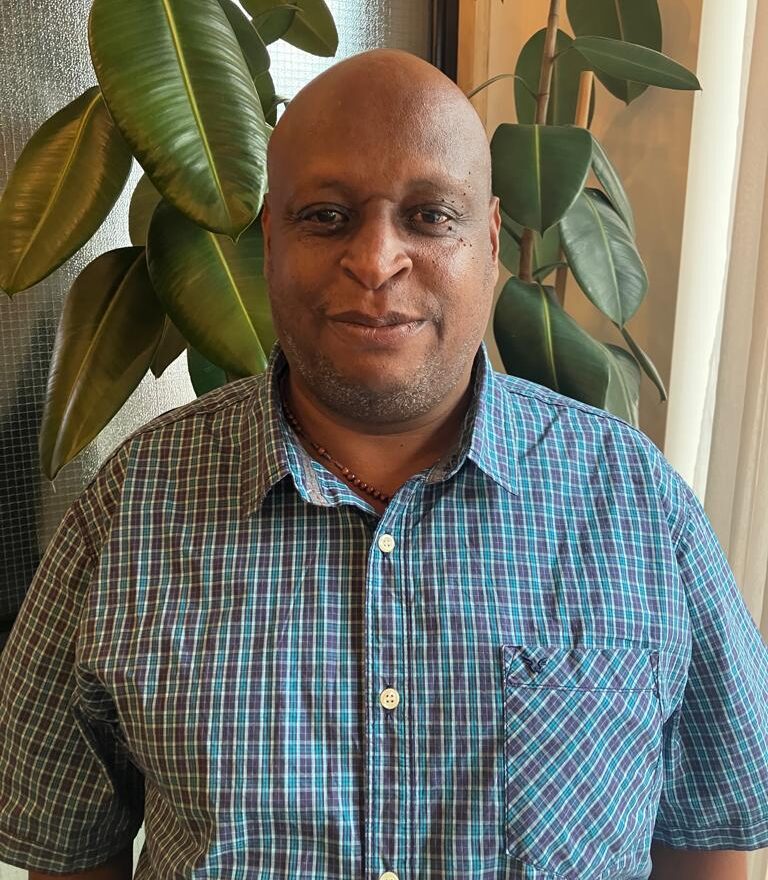
Ernest Ekurot
Sub-grants CoordinatorErnest Ekurot joined PWYP in November 2019 as the Project Officer for East & Southern Africa, and became Sub-grants coordinator in 2021. He is an experienced Finance professional with over eight years of comprehensive hands-on experience that he gained working with international non-governmental organisations. Throughout this experience, Ernest has been implementing development projects in partnership with multi-donor agencies, and has extensive experience working with partners and different stakeholders. Prior to joining PWYP included providing oversight to all financial, logistical and administrative matters, capacity building of sub grantees and implementing partners. He holds a Bachelor of Commerce degree (Accounting) from Makerere University, Kampala and CPA Uganda certification.
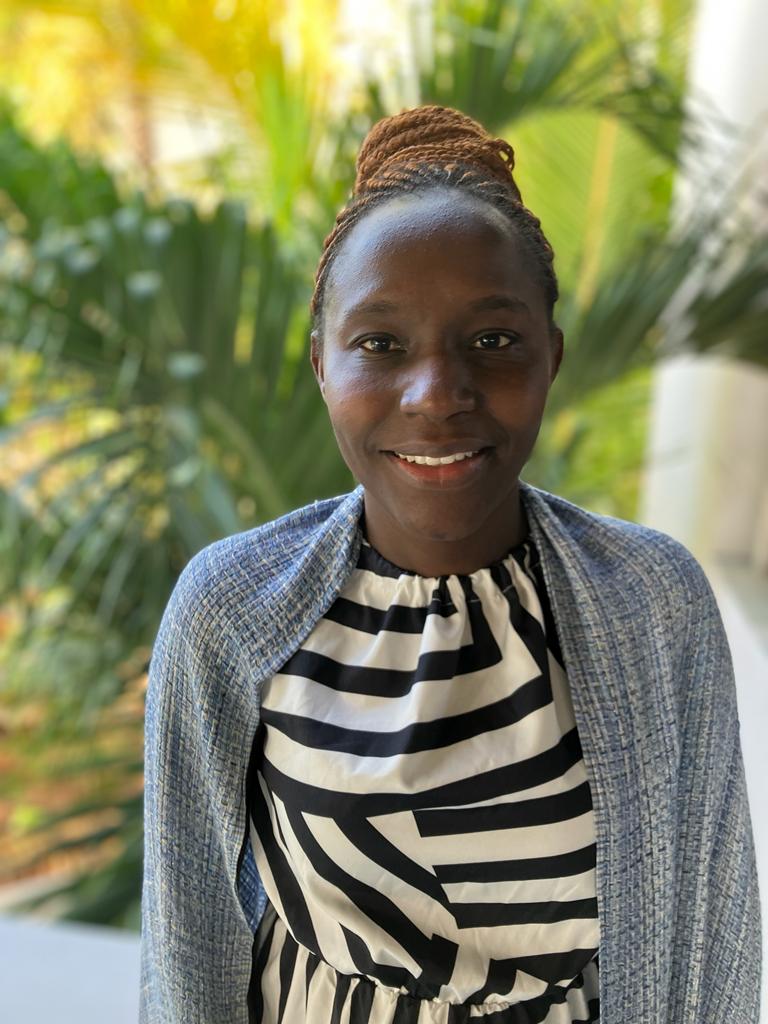
Irene Mwende
Monitoring, Evaluation and Learning CoordinatorIrene has over 15 years’ experience in monitoring, evaluation and learning (MEL) functions in governance and advocacy programmes. She has designed, developed and implemented living MEL systems that are able to: capture and demonstrate contributions to outcomes, respond to emerging contextual issues, promote stakeholder accountability, facilitate learning and adaptation; and support fundraising. Her previous roles have allowed Irene to hone in her skills in building the capacity of different stakeholders on MEL. In addition, Irene holds a Masters Degree in Demography from the University of Nairobi, Kenya. In her new role at PWYP, Irene will be supporting the PWYP team on the organisation’s learning and reflection so that PWYP delivers responsive interventions, strengthen the skills of stakeholders on MEL, and increase the team’s skills to collect and showcase results.
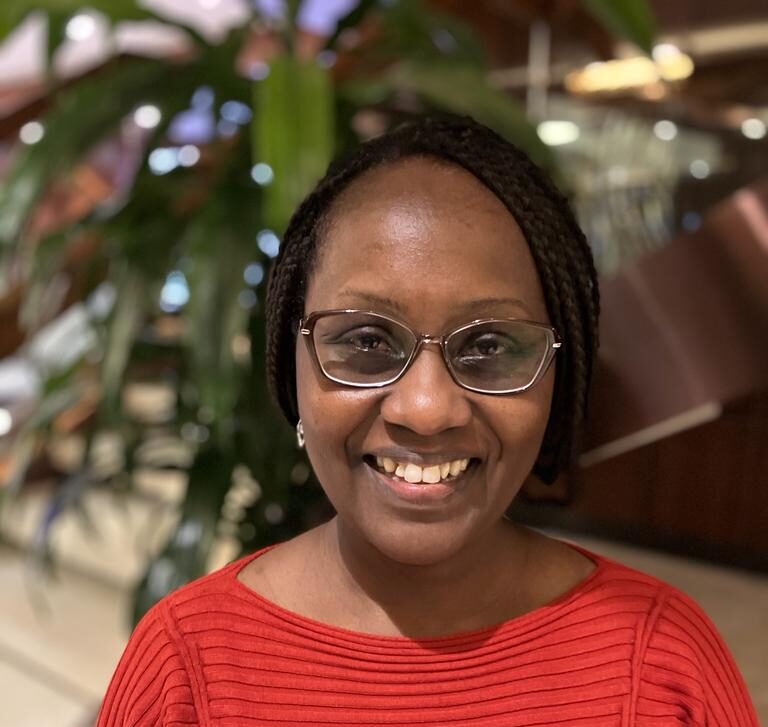
Jeniffer Mwangi
Finance OfficerJenny has more than 15 years of experience having previously worked for Moorfield’s Eye charity and Muscular Dystrophy Campaign. In these roles she covered finance, introduction of databases and helped to generate income, focusing mainly with Gift Aid while working with fundraisers. She holds a Bachelor’s degree in Accounting and Finance, and a Postgraduate in International finance and Investment.
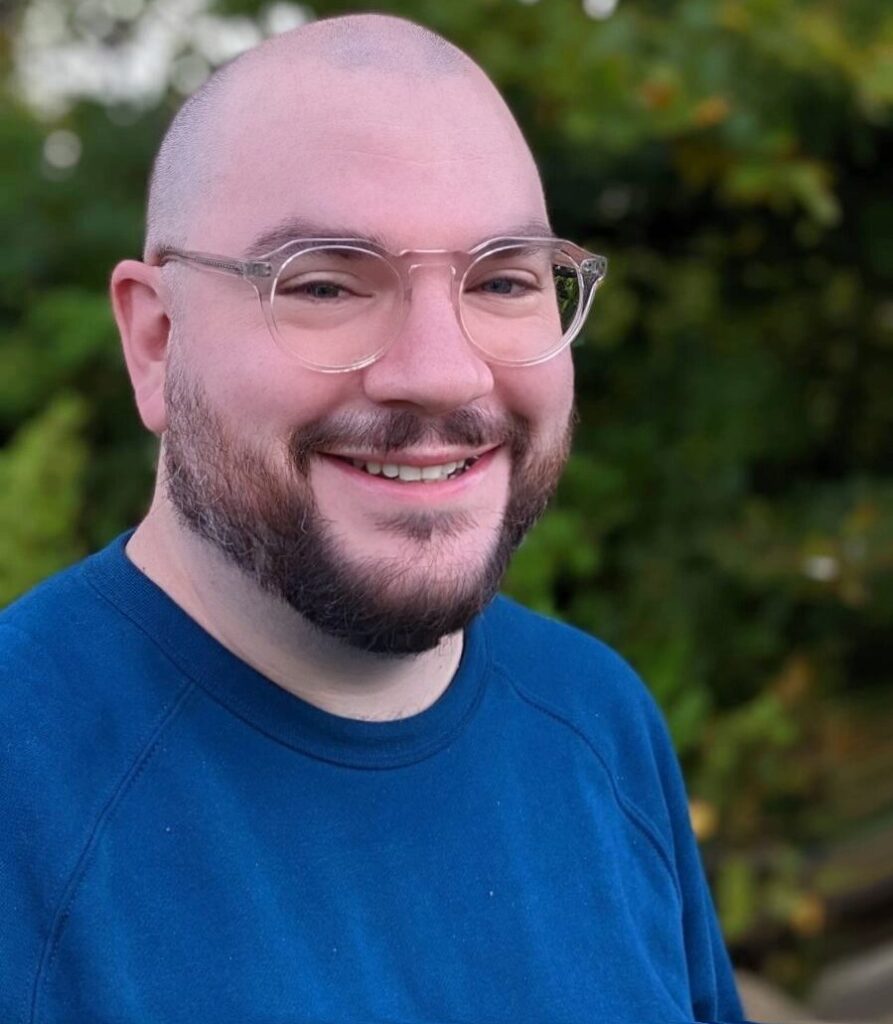
Joe Bardwell
Director of Communications and CampaignsAs Director of Communications and Campaigns , Joe works with the secretariat and across our member network to conceive and execute powerful advocacy campaigns driven by strategic communications. Joe brings experience in delivering strategic communications, network-driven campaigns and corporate accountability. Prior to joining PWYP in 2020, Joe led communications at the Business & Human Rights Resource Centre for six years. He holds an LLM in International Human Rights Law from the Irish Centre for Human Rights.

Luc Tezenas
Senior Policy CoordinatorAs Senior Policy Coordinator, Luc convenes and supports PWYP members in developing joint policy positions and seizing advocacy opportunities. Luc is a trained lawyer with a specialization in anti-corruption, transparency, and accountability. Prior to joining PWYP, he spent several years in the Democratic Republic of Congo (DRC), focusing on extractive industry governance. Subsequently, he worked as a consultant for a diverse range of clients, including the Carter Centre, where he authored an anti-SLAPPs (Strategic Lawsuits Against Public Participation) guide for Congolese CSOs, and global accounting and consultancy firm PricewaterhouseCoopers, where he designed and evaluated anti-corruption policies for donors. Luc has also played a significant role in the EU elections campaign in France.

Naila Sebbahi
Team Administrator / Executive AssistantNaila is responsible for supporting the Executive Director, Senior Management Team, and PWYP’s legally constituted bodies, as well as providing administrative assistance to the wider secretariat team. As a group coordinator and grassroots campaigner, Naila has extensive experience in supporting and managing operations working with socio-environmental groups on climate and social justice, refugees rights and democracy reforms.
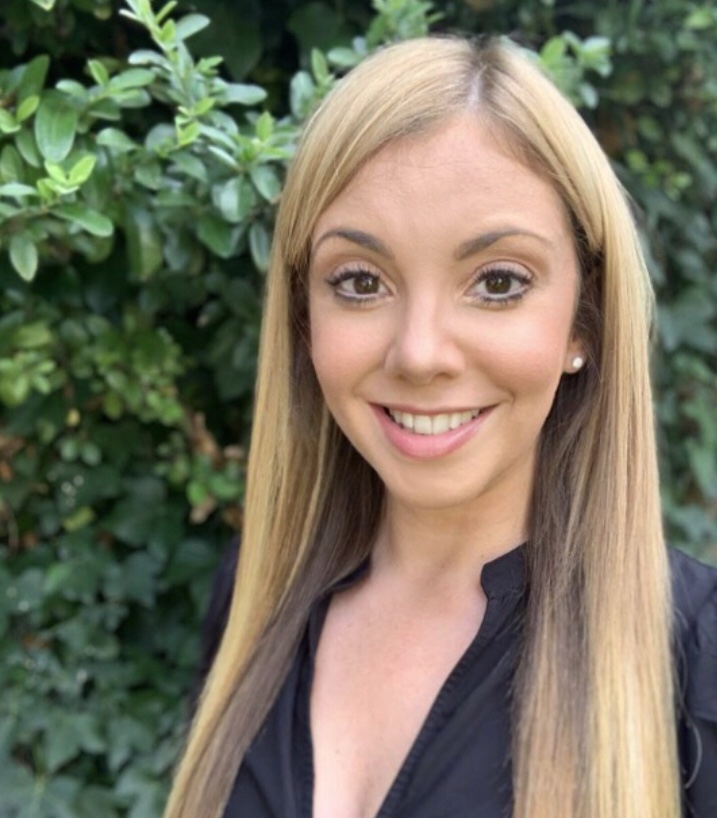
Nyree Woolston
Operations ManagerAs Operations Manager, Nyree oversees all aspects of PWYP’s operational support department. This involves ensuring that PWYP’s staff and key stakeholders across multiple countries are provided with the physical, logistical, and administrative support necessary for effective achievement of the organisation’s objectives.
Nyree is a results driven and dedicated operations professional within the global not-for-profit sector. She is passionate about operational excellence, creating high-performing and energised teams capable of working collaboratively across functions and geographies to achieve success.
Prior to joining PWYP, Nyree was Head of People, Systems and Culture at the Resource Alliance. As Head of People, Systems & Culture, Nyree was a key member of the senior management team and responsible for developing and driving the implementation of new systems and processes as well as the people and culture strategy across the organisation.
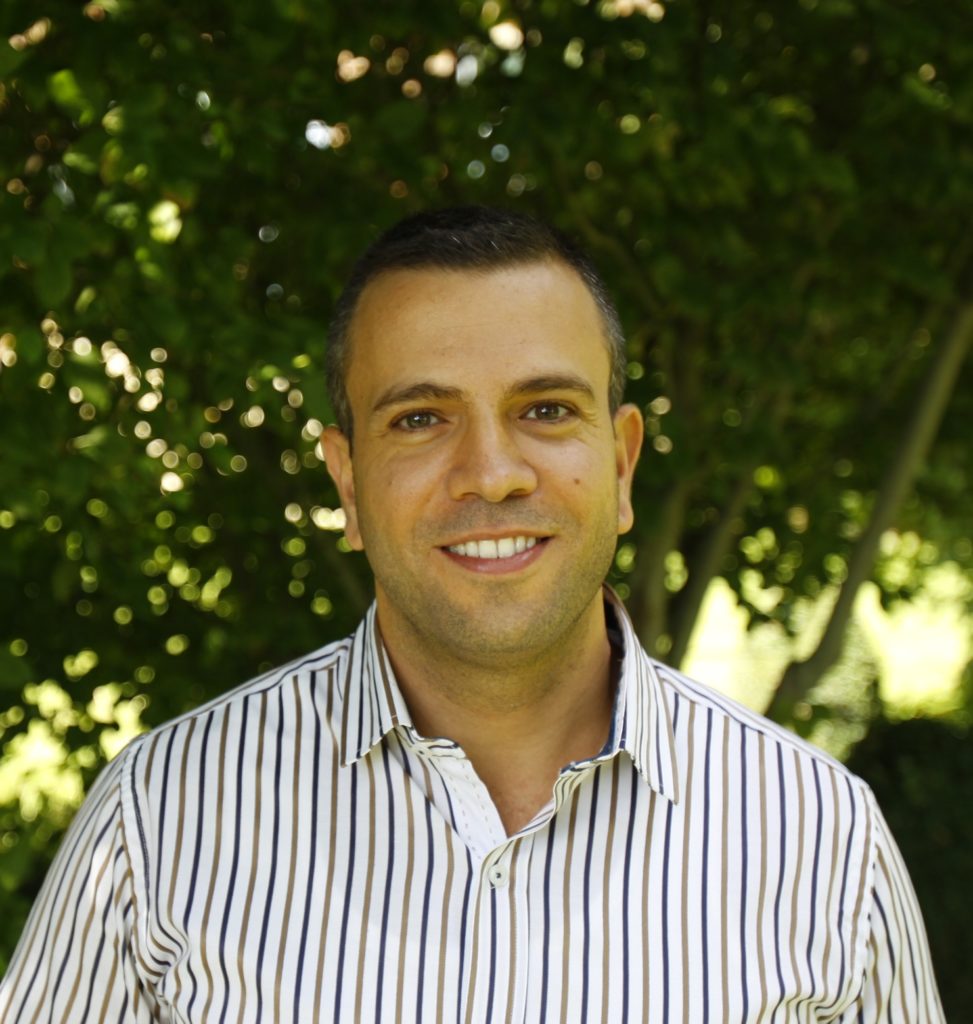
Pierre Saade
Senior Regional Coordinator Middle East and North Africa (MENA)A former field officer for the International Committee of the Red Cross, Pierre was Programme Manager at the Friedrich Ebert Stiftung in Beirut before joining PWYP in 2018. He oversaw activities with civil society partners covering issues such as youth participation, sustainable development, electoral reform, the environment, oil and gas governance, and small arms control. As Regional Coordinator for MENA, Pierre links and supports members in Iraq, Lebanon, Tunisia, Yemen and the wider region. Pierre holds BA and MA degrees in International Relations and Diplomacy from Notre Dame University in Lebanon, where he also works part-time as an instructor in the faculty of Law and Political Science. His PhD at the Lebanese University in Beirut analysed Lebanon’s oil and gas sector. He speaks English, Arabic and French.
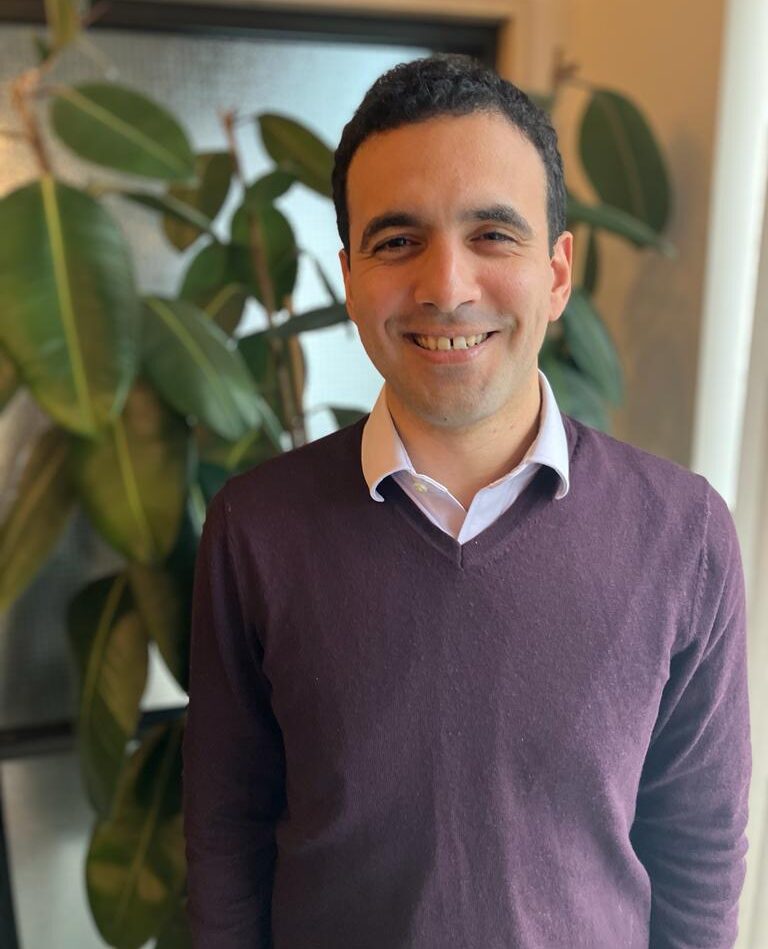
Rami Hassouna
Director of Finance & OperationsRami joined PWYP in June 2021 . He is a chartered accountant with over 10 years’ experience in the charity and international development sector. As well as finance, he has experience in roles covering operations, project management, governance, and risk management. Past employers include BBC Media Action, where he spent time delivering projects in Tunisia & Lebanon, and the Equal Rights Trust, where as Head of Operations he oversaw significant improvements to the Trust’s financial and operational management systems. Before joining PWYP he was CFO at Child’s i Foundation, a Ugandan charity working to build a community based child protection system. Rami holds a degree in Economics from the University of Exeter.
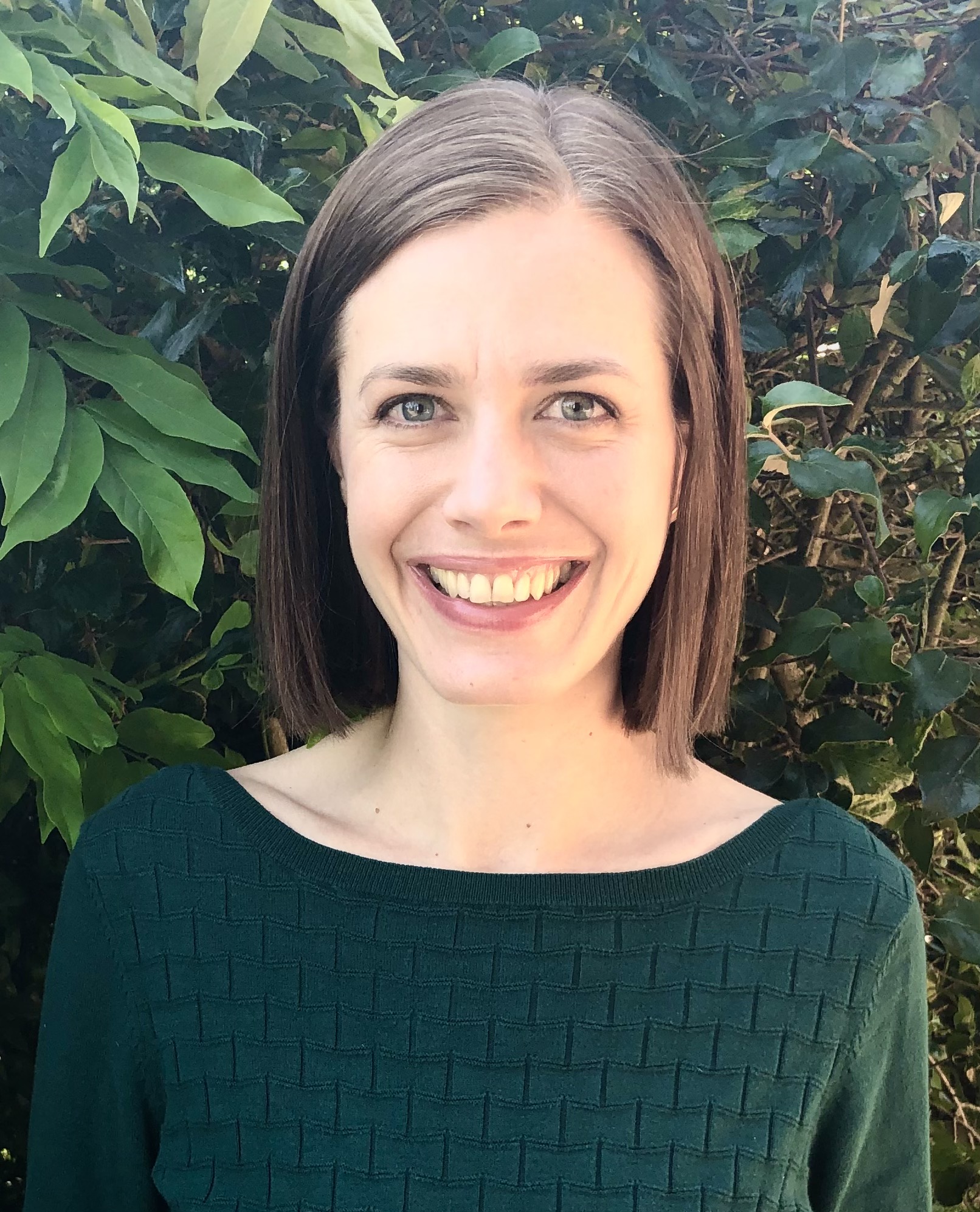 More info
More info
A qualified practitioner in Prince 2 project management, Stephanie joined PWYP in 2013 bringing wide-ranging experience in operational, research and management roles. At PWYP, she has worked to support governance, communications, grant management and operational processes. As Director of Member Engagement, Stephanie is responsible for supporting PWYP’s regional coordinators in implementing our strategy at national and regional levels, as well as supporting the Executive Director in fundraising. She holds a master’s degree from the University of Sheffield.
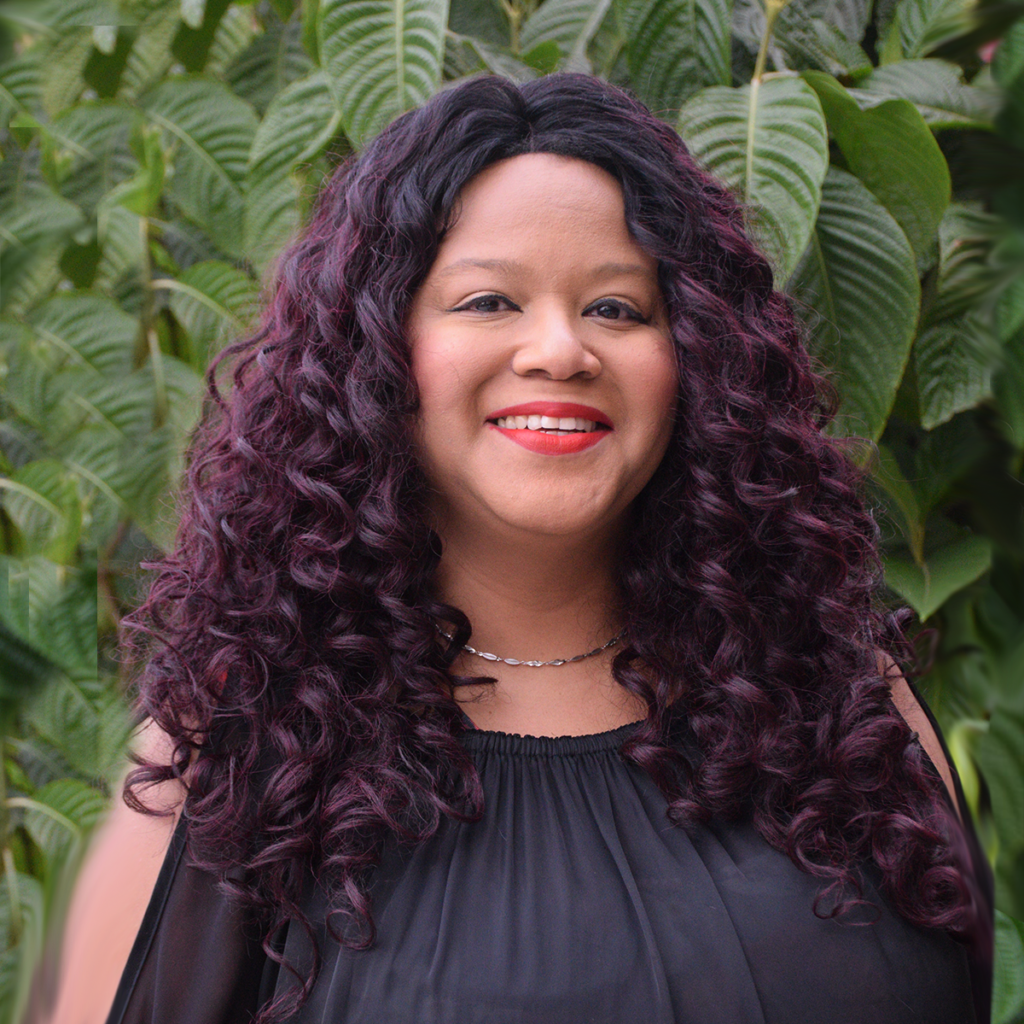
Vanessa Martins
Finance ManagerVanessa joined as Finance Manager with Publish What you Pay in January 2019 and is a member of the Chartered Institute of Management Accountants. Vanessa has extensive Finance experience across charities, private and not-for-profit organisations in a range of areas including, education, legal, membership, investment management and insurance.
Her role will include ensuring that PWYP’s Finances are managed according to PWYP policies as well as managing the day-to-day financial processes. She will also provide direct support to non-financial team members and budget holders.
In her spare time Vanessa enjoys listening to podcasts, reading books, spa retreats and hosting board game activities.
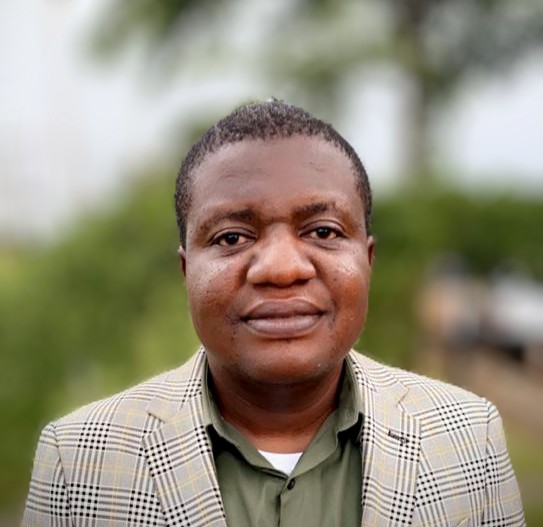
Vincent Egoro
Regional Coordinator, Anglophone AfricaVincent Egoro is an organisational development and project management specialist who is passionate about finding ways to help civil societies achieve their mission and become sustainable. He has extensive experience in partnership building and providing capacity-strengthening interventions to NGOs and Government agencies in the areas of assessment to action planning, project cycle management, strategy development, and resource mobilization.
Before joining PWYP, he was in Caritas Nigeria as a Senior Institutional Capacity
strengthening Specialist. He is a certified facilitator for Project Dpro, Program Dpro, Meal Dpro methodologies. Vincent is experienced in facilitating workshops for both large and small groups, in-person and virtually, conference speaking, and is also skilled in coaching and mentoring.
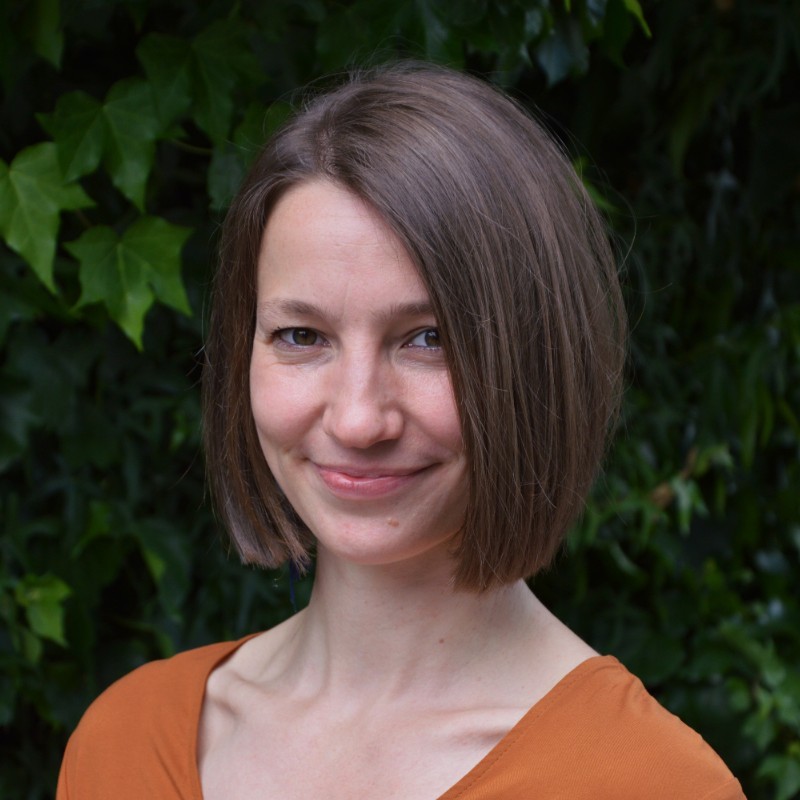
Zoé Spriet-Mezoued
Strategic Communications and Campaigns ManagerAs PWYP’s Communications Coordinator, Zoé is responsible for integrating high-impact strategic communications across PWYP’s campaigns, programmes, and movement building. She joined PWYP in July 2021 after working 10 years at the Belgian francophone section of Amnesty International (AIBF). She started there as a Campaigner and became AIBF’s Campaigns & Advocacy Manager in 2020. Zoé brings a wealth of experience and expertise in strategic communications, campaigns, advocacy and mobilisation on a wide range of human rights issues, from sexual violence to the illegal arms trade. Zoé holds a masters degree in Political Science and International Relations from the Institut d’Etudes Politiques of Lille and a Complementary Master in Human Rights from the Université Saint-Louis of Brussels.
PWYP Board
The Board has legal and fiduciary responsibility for PWYP as a registered charity in the United Kingdom, overseeing organisational, financial and human resources policies and plans.
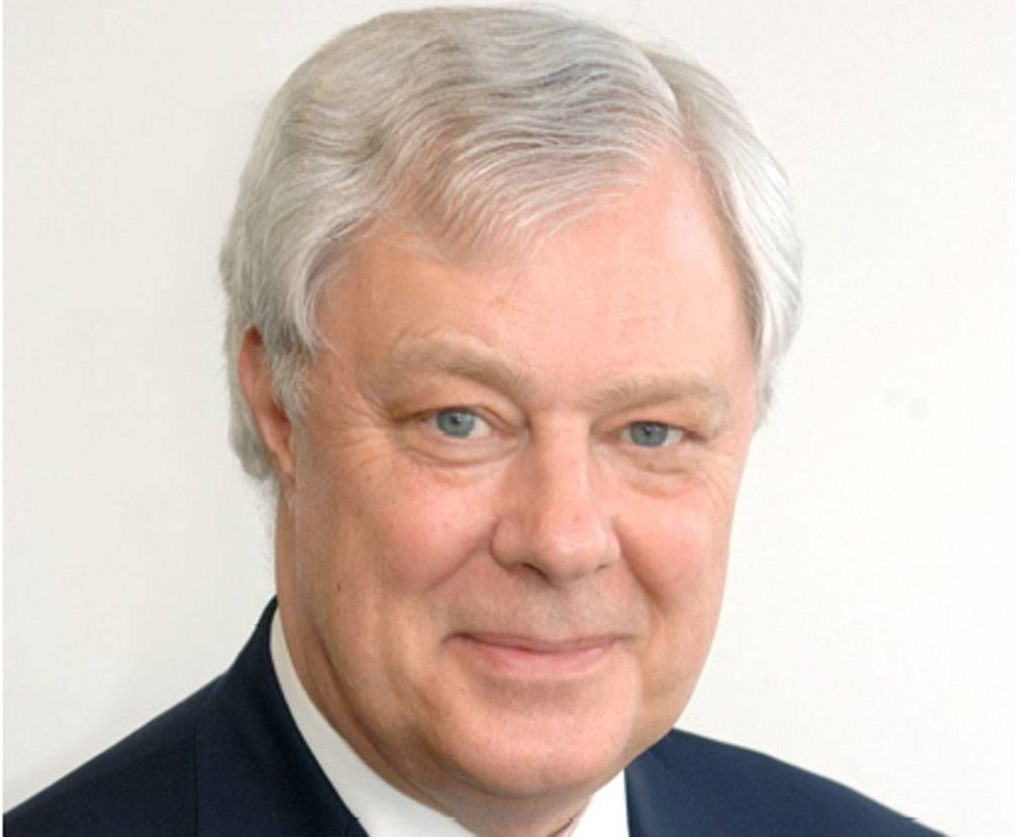
Alan Detheridge
After 30 years with the Royal Dutch Shell Group, Alan retired in 2007 as the Group’s Vice President for External Affairs. A long-term supporter of revenue transparency in the extractive industries, he has written articles and testified before the US Congress on the need for openness. In addition to PWYP, Alan is a board member of Management Sciences for Health, the Natural Resource Governance Institute, the Natural Resource Charter and the Open Contracting Partnership.
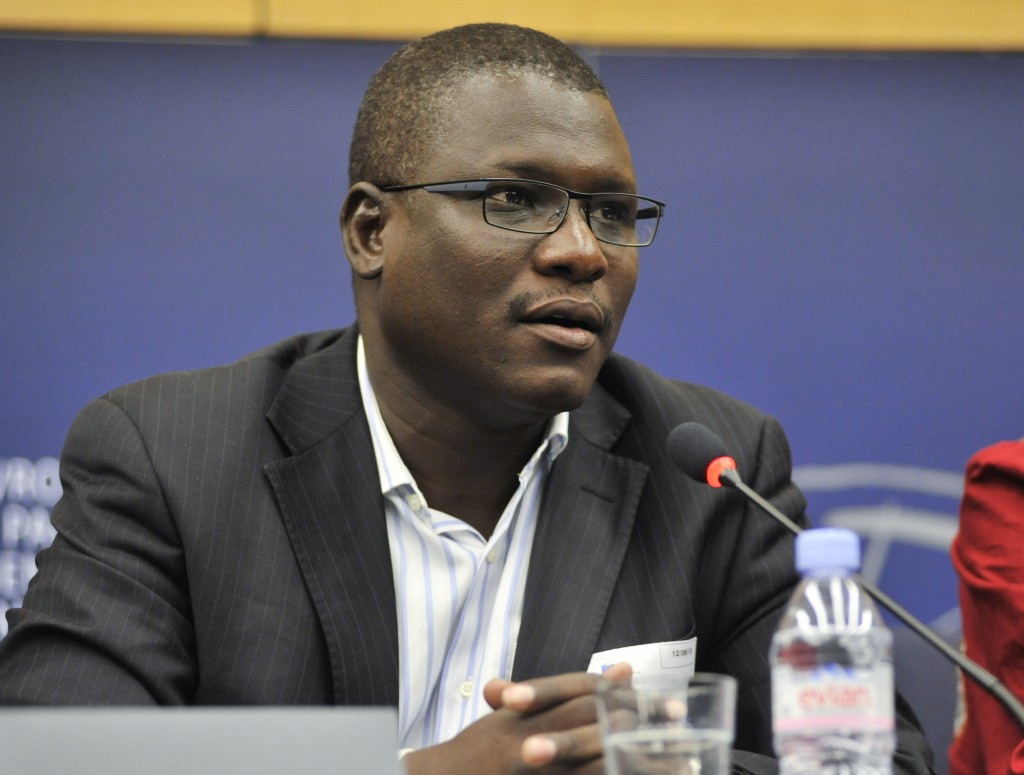
Ali Idrissa
Ali is the national coordinator of ROTAB-PWYP Niger. His recent work has focused on the campaign for Niger to win a fair deal in renegotiations of its uranium contract with French company AREVA. Ali was named Niger’s man of the year in 2013 and featured among Africa’s top 100 influential people. He is a founding member and vice-president of CROISADE Niger, established in 1999 and now one of the country’s leading organisations promoting human rights and democracy. Ali represents civil society on the national committee of EITI Niger. He is Director General of the Independent Press Group, Labari.
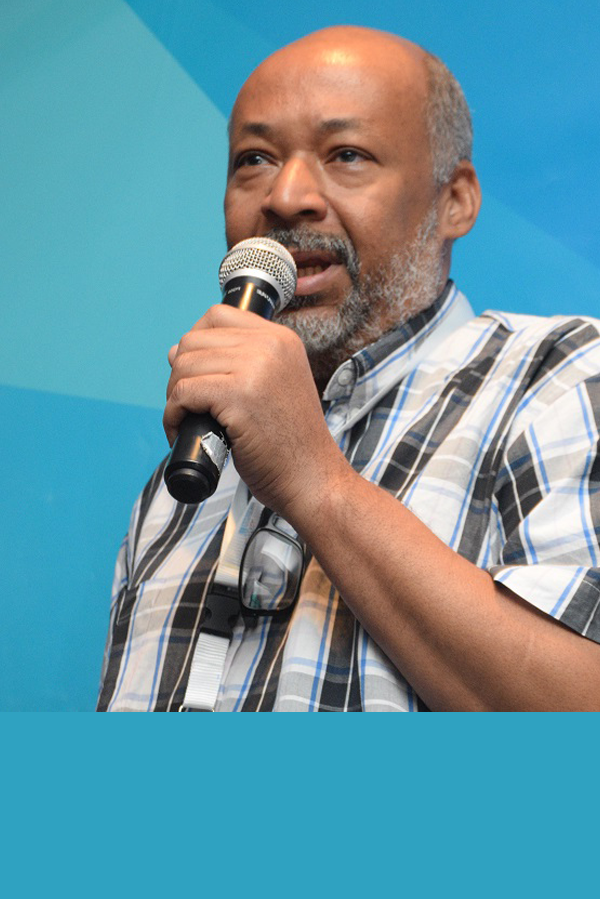
Athayde Motta
Athayde Motta is an experienced development professional and has worked in Brazil and abroad in programme development and management, and fundraising. His areas of expertise include participation, policymaking, communications, urban inequalities, racial inclusion and the organisational development of NGOs. As an academic researcher and consultant, he has worked in Brazil, East Timor, Kenya, Mexico, Switzerland, Turkey and the United States. He has interned with the Geneva-based United Nations Research Institute for Social Development and has also worked for the Ford Foundation, Afirma Communications and Research, the Brazilian Institute of Social and Economic Analyses (IBASE), Oxfam GB and the Baobá Fund for Racial Equity. Since April 2017, Mr. Motta is the Executive Director of IBASE, based in Rio de Janeiro, where he coordinates the organization’s program on Extractive Industries.
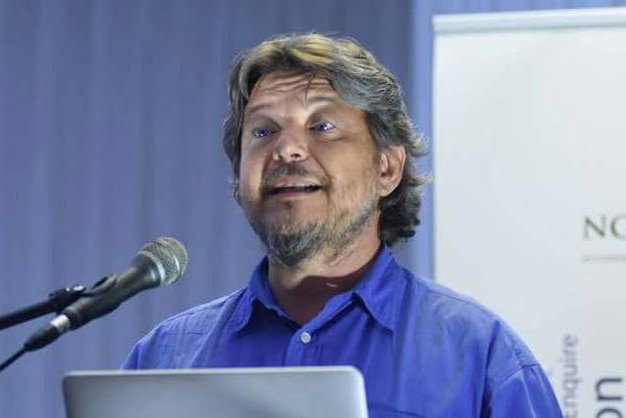
Carlo Merla
ChairCarlo is a senior international development practitioner and civil society activist, with a long history of volunteering and campaigning in CSOs. He has worked for local CSOs, international NGOs, multilateral organisations and governments in Africa, South America, South East Asia and Western Europe. His development work in Cameroon, Chad, Bolivia and other South American countries shaped his deep commitment to working with local communities to uphold their rights to access land, natural resources and sustainable livelihoods. Carlo has since worked to address issues of civil society engagement, from both policy and capacity-building perspectives. He has contributed to PWYP’s strategy development, governance and advocacy at national, regional and international levels, with determination that every global action empowers people affected by extraction. He is founding member of two local CSOs, in his native Italy and in Cameroon, and is honorary member of the board of ROTAB-PWYP Niger. Carlo studied business economics and social sciences at the University of Pisa and the Universidad de la Cordillera, La Paz, Bolivia.
 More info
More info
Saswati Swetlena is a social development professional with 18 years of experience with diverse civil society organisations, grassroots communities, and networks in India on a rights-based approach. She has a fair knowledge and understanding of the rights of indigenous, marginalised and vulnerable communities over natural resources, their access to justice and dignity, poverty, water and sanitation, livelihoods, emergency, gender, social exclusion, extractives, governance and accountability. She is committed to addressing the complex social development challenges and contributing to a more just and equitable world.
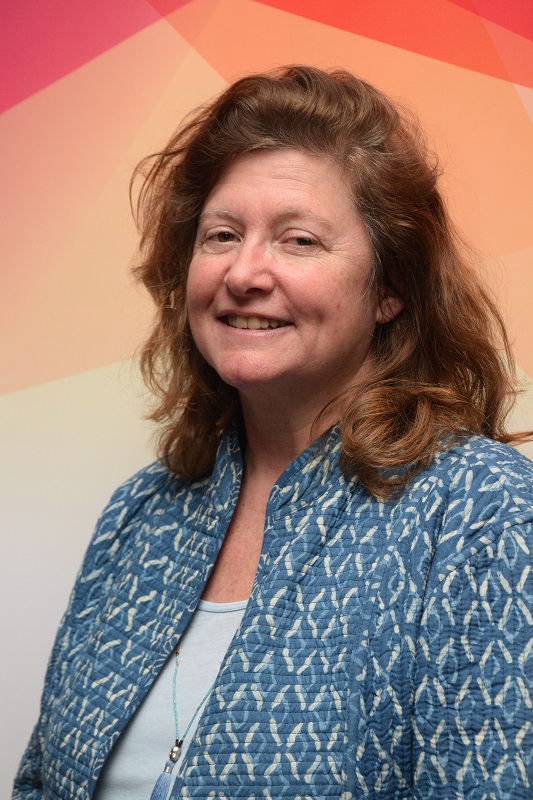
Susan Hazledine
With 20 years’ experience at a major law firm, much of this as partner, Susan brings deep insight into litigation strategies used by and against PWYP members. She has particular expertise in charity law through her current role as UK Executive Director of International Senior Lawyers Project (ISLP), backed by knowledge of company law and charity accounting. Susan is heavily involved in ISLP’s anti-corruption work, with a strong focus on better natural resource management, greater government transparency and accountability, and support for civil society.
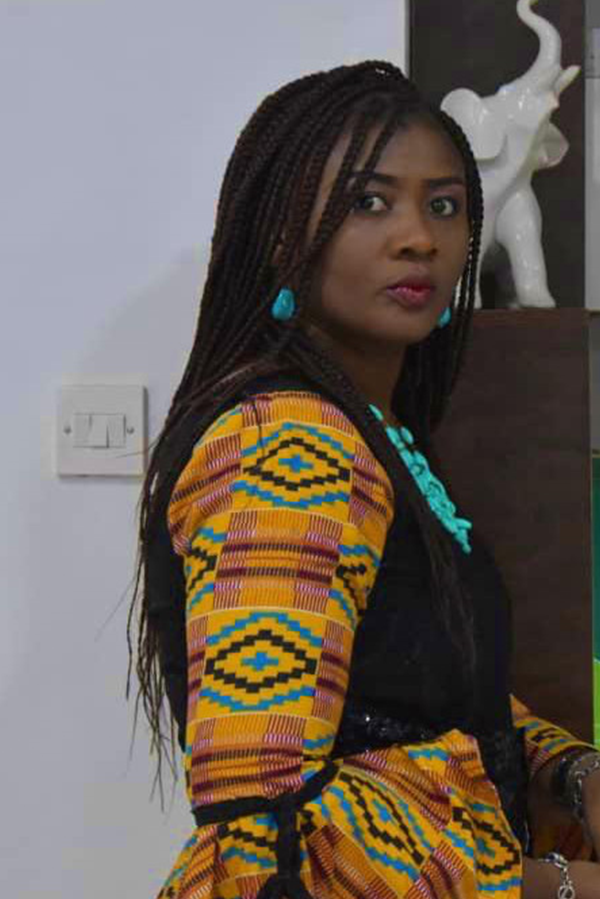 More info
More info
Victoria Ibezim-Ohaeri has 15 years’ experience as a legal advisor, advocate and researcher into social and economic rights. She has travelled worldwide leading investigations, empowering marginalised communities, documenting human rights violations, and helping shape social and economic policy at national, regional and international levels. As a global researcher, she has participated in major international studies commissioned by organisations including UN-Habitat, COHRE, MSI Integrity, the International Institute for Sustainable Development, Energia, Women Learning Partnership, University College London, Conectas and the Ford Foundation.
In 2011, she founded Spaces for Change, a Facebook group which served as a hub for critical discussion, policy dialogue and civil action by young Nigerian professionals. The group achieved a high national profile when it convened the first-ever digital conference on Nigerian oil reform, the Petroleum Industry Bill, in 2012. Previously, Victoria spent seven years at the Social and Economic Rights Action Center as a legal advisor and program manager, carrying out legal research in Nigeria, Congo, Germany and Kenya. Her work is published in a range of international journals.
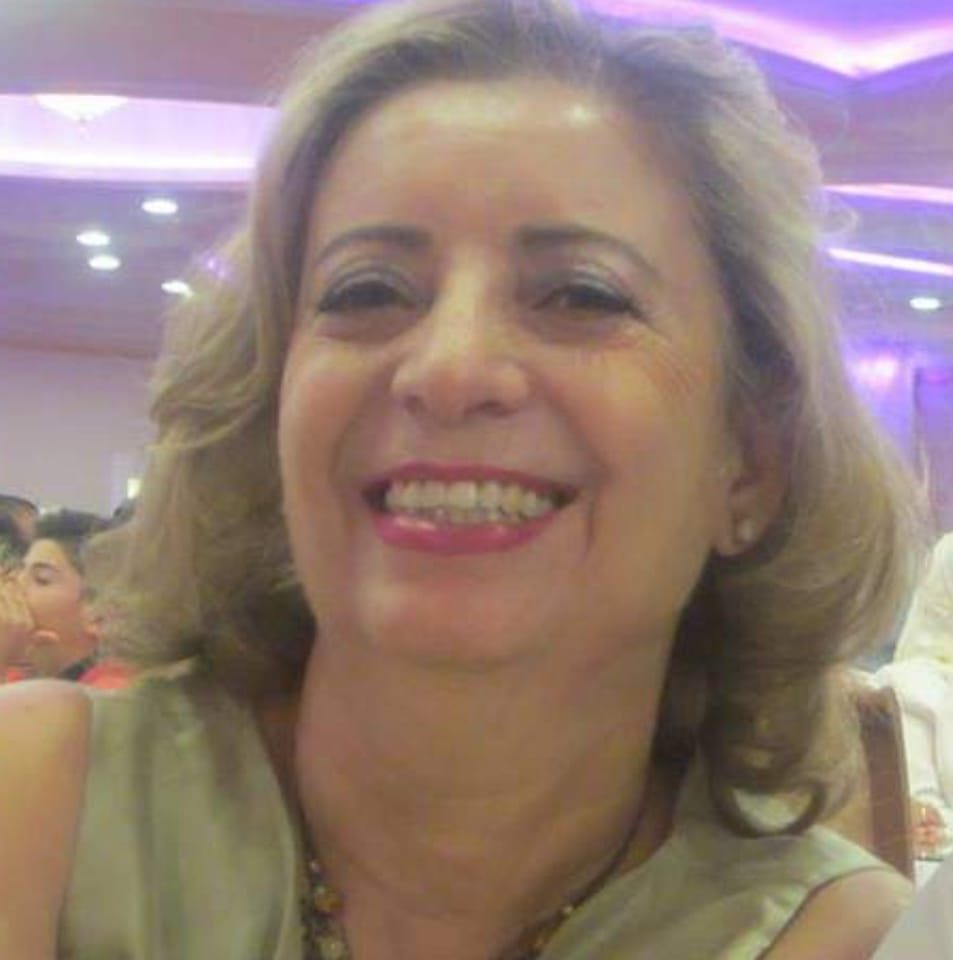 More info
More info
Sihem is a lawyer by training and works on the rights, duties and obligations of directors of public companies and associations. She is a founding member of several national, regional and global associations and coalitions, such as the PWYP Tunisia Coalition. She is President of the Tunisian Association for the Development of Law (ATDD), a member of the Board of the Arab Watch Coalition and is also a member of the Tunisian OGP Steering Committee and an observer member at the African Development Bank’s Governors’ Assemblies. Sihem represented the MENA region on PWYP’s Global Council from 2016 to 2018.
Minutes
To find out what is talked about at Board meetings, download the minutes of any of the meetings here. They show how we agree policies, identify priorities, plan activities and evaluate our work to ensure that natural resource extraction improves everyone’s lives.